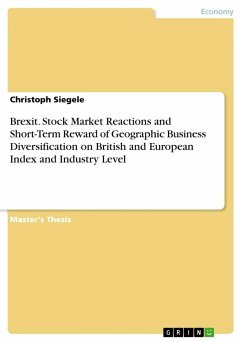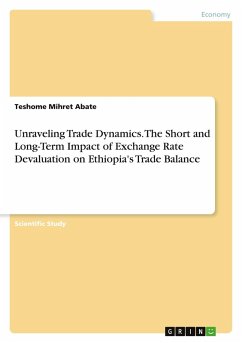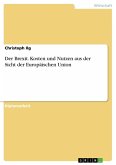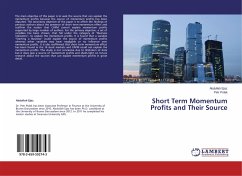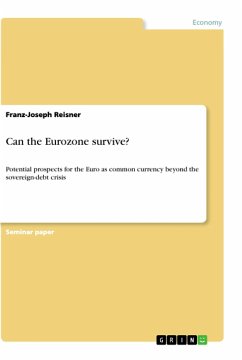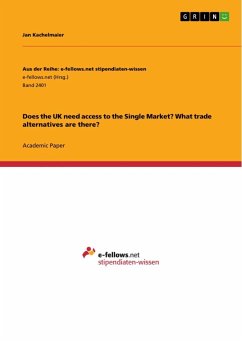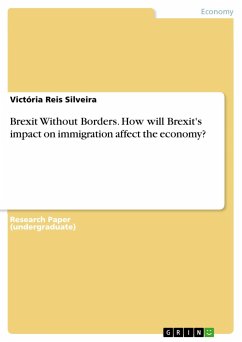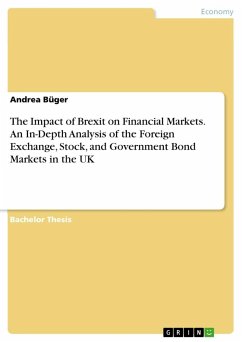Master's Thesis from the year 2017 in the subject Economics - International Economic Relations, grade: 2,0, University of Innsbruck (Banken und Finanzen), language: English, abstract: The unexpected result of the Brexit referendum to withdraw from the EU resulted in high levels of political uncertainty, which affected financial markets adversely. To assess whether the Brexit caused disruptions a structural break test was conducted for stock and forex markets. The results suggest that only British stock markets experienced significant disruptions, which was although only minor relative to other adverse events in the last decade. On forex markets five exchange rate pairs were investigated. All conversion rate pairs, except the EUR-USD pair, showed significant responses. However, again in comparison to other events, the severity of the structural break was relatively petite. In the aftermath of the Brexit, British stock markets developed positive and outperformed many global stock markets, implying a positive reaction to Brexit. In order to rectify for actual developments, it was corrected for exchange rate effects in order to gauge the de facto gains/losses of British and European stock markets. Therefore, the difference-in-differences approach was applied, which indicated that losses for the FTSE 250 ranged between 12-16% and FTSE 100 losses lied between 6-9%. The EuroStoxx 600 evinced a similar range of losses of 5-8%. Based on the increase of country specific risk it is obvious that international diversified firms should have been less exposed. Hence, foreign involvement is hypothesised to diminish a firm's stock price reaction related to the Brexit. By virtue of an event study the impact of geographic business diversification was assessed on British and European (abnormal) stock returns on the index and the industry level. The results portend to a positive relationship of foreign involvement and stock returns, which implies that multinational presence of firms mitigated adverse stock reactions related to political shocks. On European index level the findings indicate a reversed relationship of stock returns and multinationality of firms.
Hinweis: Dieser Artikel kann nur an eine deutsche Lieferadresse ausgeliefert werden.
Hinweis: Dieser Artikel kann nur an eine deutsche Lieferadresse ausgeliefert werden.

